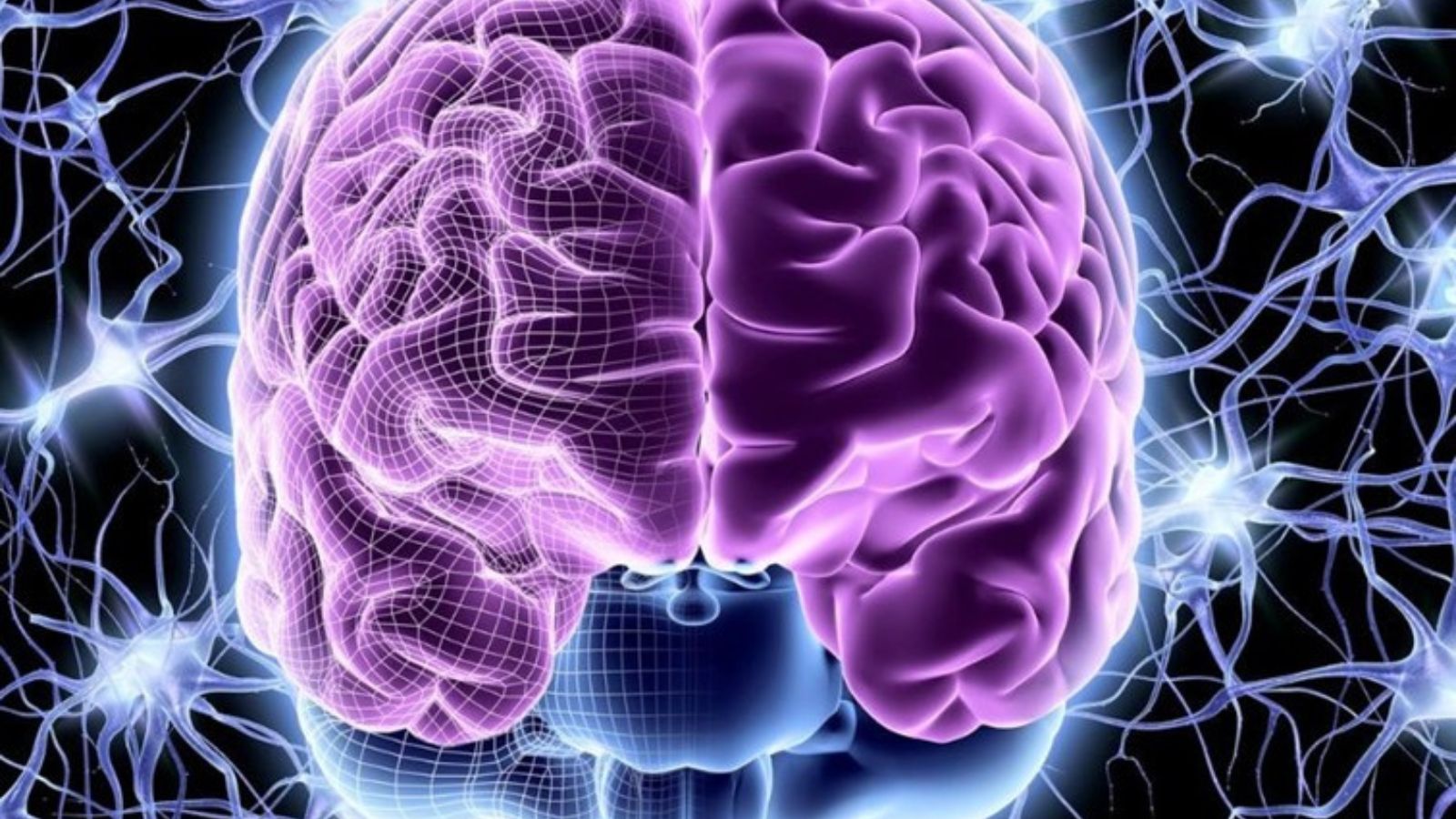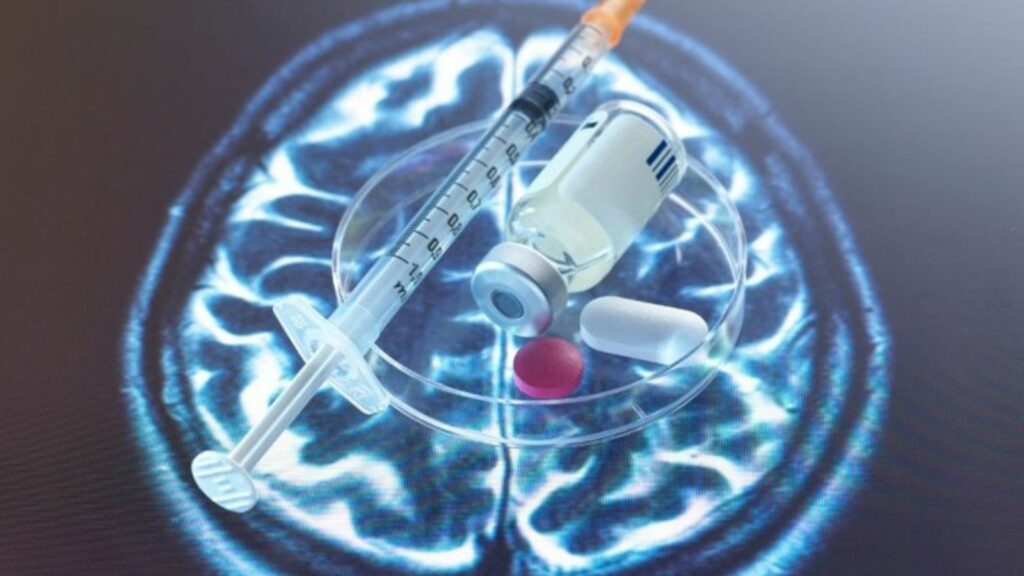Addiction is more than just a bad habit. It is a condition that deeply affects the brain and the way it functions. Many people believe addiction is simply a lack of control or a sign of weak character. That is not true. Science shows us that addiction changes brain chemistry in powerful ways. These changes make it hard to stop using a substance without help. That is why addiction treatment is often necessary.
At the center of this problem is the brain’s reward system. This system is responsible for making us feel good when we do things that help us survive. Eating, socializing, and exercising all trigger this system. They cause the brain to release dopamine, a chemical that makes us feel pleasure. However, when someone uses drugs or alcohol, the amount of dopamine released is much higher. This strong rush of pleasure tricks the brain. It makes the brain want to repeat the experience. That is where addiction begins, and addiction treatment becomes essential.
Over time, the brain begins to change. It adjusts to the high levels of dopamine by reducing its natural production. It also lowers the number of dopamine receptors. This means that things that used to bring joy no longer feel satisfying. Every day activities like eating or talking with friends may seem dull or empty. The brain starts to crave the substance more than anything else. These changes show why addiction treatment must go beyond willpower and focus on brain recovery.

One important part of brain chemistry in addiction is tolerance. As the brain becomes used to the substance, it takes more of it to feel the same effect. This leads to higher use and more damage. The brain struggles to function without the substance. When someone tries to quit, withdrawal symptoms can appear. These symptoms may include anxiety, shaking, sadness, or trouble sleeping. Proper addiction treatment helps manage these symptoms in a safe and supportive way.
Another part of the brain affected is the prefrontal cortex. This area helps us make decisions, control actions, and think about consequences. When addiction takes over, this part of the brain weakens. That is why people may continue to use it even when they know it is causing harm. Their ability to make healthy choices becomes blocked. Addiction treatment works to rebuild these brain functions and improve decision-making over time.
Memory and learning are also involved. The brain starts to link certain places, people, or feelings with substance use. These triggers can cause cravings even after long periods of sobriety. A person may walk past a bar or feel stressed and suddenly want to use again. This is why addiction treatment often includes therapy. Therapy teaches people how to understand and manage their triggers. It helps the brain form new, healthier habits.
The good news is that the brain can heal. While the changes caused by addiction are serious, they are not always permanent. With time, support, and the right care, the brain can start to recover. Dopamine levels can return to normal. Thinking and decision-making skills can improve. That is why early and consistent addiction treatment gives people the best chance for full recovery.
Understanding the science behind addiction helps remove shame and blame. It shows that this is a medical issue, not a moral failure. It proves that addiction treatment is not just helpful, it is necessary. If you or someone you know is struggling, know that help is available. Healing starts by treating the brain and giving it the time it needs to recover.

